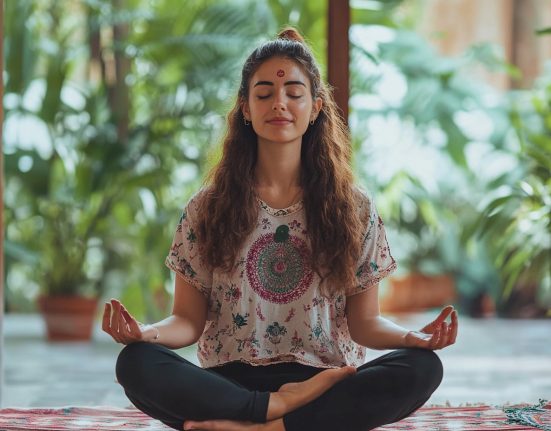Morning may be the best time to go for a walk, but there are benefits of night walks too! From weight loss to improved sleep, know what it can do for you.
Be it digesting your food, de-stressing after a long day, or preparing your body for well-rested sleep, night walks have many advantages. So, if you also love an early dinner and a night-time stroll, this one’s for you! Well, your night walk might actually help be on your weight loss track as well!
Can night walks help in weight loss?
The festive season is here, and putting on weight seems to be an inevitable reality. However, including a night walk in your daily schedule can actually help you stay put on your weight loss journey. Wanitha Ashok, fitness coach and Fit India Ambassador, shares various ways a night walk can help to prevent weight gain. Here are some key benefits of walking after dinner:
1. Burns calories
Walking is a low-impact exercise that can be done at any time of the day, including at night. Night walks can help you burn calories and lose weight.
2. Boosts metabolism
There is nothing better than a post-dinner walk to get your body moving! Walking at night can help boost your metabolism, which is the rate at which your body burns calories. A faster metabolism actually burns more calories and helps you lose weight.
3. Reduces stress
Walking in the open air, reassessing your entire day while you do so can be a great way to clear your mind. Stress can lead to overeating and unhealthy food choices, so reducing stress can help you make better choices; and night walks can help reduce stress levels, which can contribute to weight gain.
4. Helps you sleep better
Poor sleep has been linked to weight gain, so getting enough restful sleep is very essential. Night walk can help improve your sleep quality, which is important for weight loss.
What is the right time to go for a night walk?
While you may retire to bed late at night, going for a walk at that time might not be ideal. Ashok says that heading out right after your last meal is a good idea. “Keep it casual and don’t add speed or intensity as that can impact sleep,” she warns.
What should you not do on your night walk?
While taking a refreshing walk at night has many health benefits, there are some things that you must avoid during this walk. Ashok says that you should not try to workout during your night walk. “Late night intense exercises should not be done as these can lead to insomnia. Light walks post dinner is recommended as it’s favourable to maintain blood sugar level,” she says.
In fact, she says that it’s important to keep the walk as relaxing as possible. “Brisk walk, running and even jogging, should not be done when you step out at night. Even if it’s a causal walk, wear good shoes and step out,” she says.
Ashok adds that the time duration of the walk should also not be one that tires you out completely. “Aim for 20 minutes only,” she advises, adding, “Brisk walking should be ideally early morning or later in the evening between 5:00 pm -6:00pm not later than that. Dinner should be early and it should be done maximum by 7:00 pm. Ideally, 7:30 pm should be time when you head out for your causal walk.”
Is a night walk better than a morning walk?
If you are not a morning person, waking up early for a morning walk might not be something that you love to do. But it might be time to set the alarm clock! While evening walks are great to keep yourself in shape, there is no better way to start your fitness journey than a morning walk. It also gets you ready for your day!
“Morning walks help you kick start the day in the right way. It helps set the mood, lifts the spirit due to endorphin release and keeps you active and energetic the rest of the day. Fasting cardio helps the body to use the stored fat as energy, which is why it is essential that this happens in the morning time,” says Ashok.
She adds that there is a chance that evening walks might not even happen. “Evening walks are actually very easy to miss. You might get late at work, or a dinner party may stretch or even a tiring day or late work calls can tempt you to cancel your walk. I suggest people to be done with their workouts in the morning, stay active all day long, take breaks periodically and include the causal post dinner walk,” she says.
Night or day, just make sure you walk at least those 10,000 steps a day!









